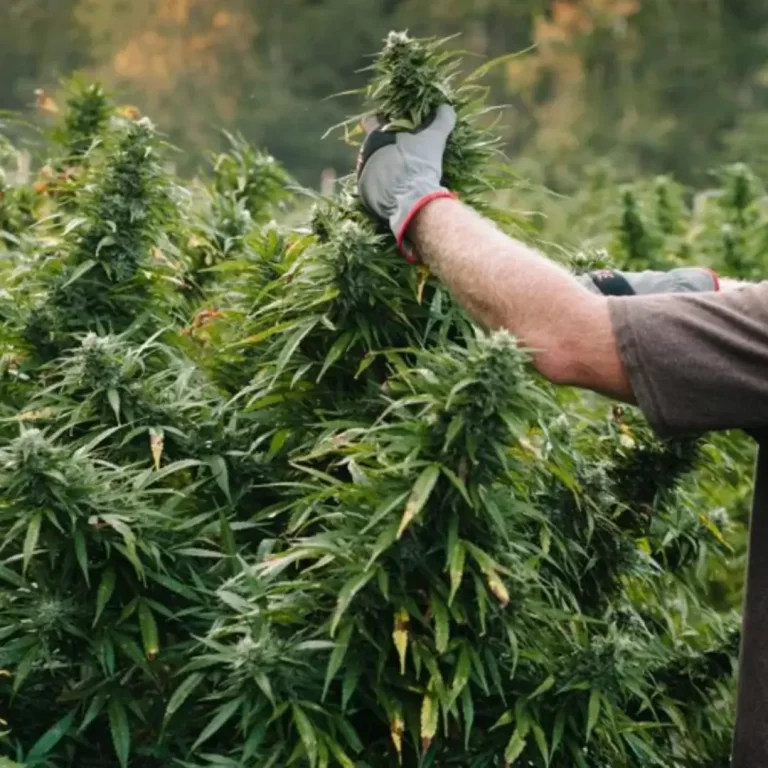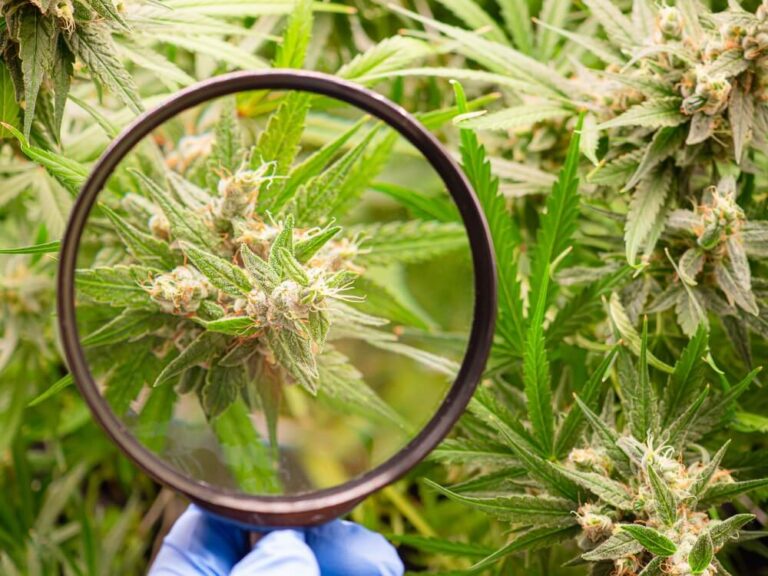
Does Cannabis Improve Sleep?
- Education
- Cannabutter Digest
No doubt, you hear anecdotal stories about how cannabis can improve everything from sleep to appetite. However, separating fact from fiction can be challenging. Can cannabis help you sleep? What strains provide potential health benefits?
It’s time to explore the scientific evidence surrounding whether cannabis consumption can help you fall asleep and improve the quality of your rest.
The Struggle to Sleep
Unfortunately, millions of Americans struggle to fall and stay asleep. Statistics indicate at least 30 to 35 percent of adults report brief bouts of insomnia. Nearly 10 percent of Americans have chronic insomnia or sleep disorder. Some reports suggest 50 to 60 percent of adults may suffer some form of sleep deprivation but are hesitant to discuss the problem with their doctor. Adults may mistakenly believe a lack of sleep is the cost of getting older. It is simply the price we pay for living and working in a demanding world.
Many sleep-deprived individuals fail to realize consistently poor sleep habits and insomnia can lead to devastating health conditions. The Centers for Disease Control and Prevention suggest insomnia can increase the risk of high blood pressure and cardiovascular disease. Adults who routinely sleep less than seven hours per night may also be at an increased risk for developing type 2 diabetes and dementia.
What Is Insomnia?
Difficulty falling asleep or staying asleep is known as insomnia. Insomnia is typically a symptom of a bigger problem, like poor sleeping habits or a significant medical issue. Acute insomnia occurs in short bursts of a few days at a time. Chronic insomnia means sleep problems happening more than three nights per week over a month or longer.
Stress, medications, depression, poor bedtime habits, alcohol consumption, and sleep disorders like sleep apnea can cause insomnia. Insomnia can leave you feeling tired and irritable. Some of the most common signs of insomnia include:
- Feeling sleepy the next day
- Waking up without feeling refreshed
- Fatigue or low energy
- Anxiety
- Irritability
- Mood swings
- Impaired performance at work
- Difficulty concentrating
Treating insomnia often means getting to the root of the overall problem. For example, treating an undiagnosed sleep disorder, like sleep apnea, can improve insomnia symptoms. In some cases, cognitive therapy, lifestyle changes, and medication can also enhance sleep quality. However, some medicines are not suitable for long-term use. Addiction and an increased risk of dementia are side effects of certain prescription sleep aids.
Does Cannabis Improve Sleep?
Does cannabis help improve sleep? It depends. Some studies indicate cannabis may have a therapeutic effect on the brain and body, helping people fall asleep faster and stay asleep longer. Cannabis may:
- Decrease the amount of time it takes a person to fall asleep
- Reduce the number of times a person wakes during the night
- Increase deep sleep cycles
- Improve sleep quality
Cannabis contains compounds called cannabinoids. Cannabis plants can have more than 100 different varieties of cannabinoids. The two most talked-about cannabinoid compounds are THC and CBD. THC is a psychoactive compound that gives you a high, euphoric feeling. CBD is a compound that can promote relaxation. Cannabinoids bind to specific neuroreceptors in the brain and trigger numerous therapeutic effects on the mind and body.
Different cannabis strains cause different medicinal effects, meaning some plants may help you sleep while others may boost energy and keep you up. Indica strains are known for their deeply relaxing benefits and may help prepare you for sleep. Sativa strains can trigger energizing effects and may boost mood, creativity, and energy levels. Hybrid plants combine the effects of both parent plants, meaning some cannabis strains can enhance sleep while others promote vitality.
Indica and certain hybrid combinations are typically the best choices for those looking to improve their sleep with cannabis. Cannabis plants with high levels of THC may increase sleep latency and sleep disturbances, leaving you feeling groggy or lightheaded the next day.
Treating Sleep Conditions with Cannabis
Before you attempt to treat insomnia or sleeplessness with cannabis, consider your unique situation. Indica and hybrid strains are good options for individuals who can’t sleep due to anxiety and chronic pain. However, if nightmares or symptoms of post-traumatic stress disorder cause your sleep disturbances, you may find relief with a different form of cannabis.
Sativa and strains with high levels of THC may improve sleep quality for certain people. Studies suggest that cannabis plants with higher levels of the cannabinoid THC reduce REM sleep. REM is the stage in the sleep cycle when people typically dream. Individuals suffering from nightmares, night terrors, or post-traumatic stress disorder may benefit from cannabis strains that limit REM sleep.
When Is the Best Time to Take Cannabis for Sleep?
Using cannabis as a sleep aid can be challenging because timing is everything. Not only do you need to consider the strain that meets your specific needs, but you must also understand when to consume it. Smoking or vaping cannabis gives you an almost immediate effect. However, the effect wears off more quickly. Consuming an edible is different. You wait longer to feel the impact of cannabis because the compounds must work their way through the digestive tract before entering the bloodstream. Yet, the effects of edibles tend to last longer.
Edible gummies are a popular choice for helping to improve sleep quality. Just be sure to take them early enough in the evening to allow them to take effect.
Things to Keep in Mind
Are you interested in exploring cannabis for better sleep? Take your time. It can require some trial and error before you find a cannabis strain that works for you. People respond to cannabinoids in unique ways. What works for a friend may not work for you. If you don’t get the expected result from one strain, don’t be afraid to try something new.
As with any sleep aid, long-term use of cannabis can cause health concerns. Use caution, improve your sleep habits, and talk to your doctor to rule out undiagnosed sleep disorders or other medical conditions.
For more cannabis-related information, follow Cannabutter Digest. We are your home for cannabis news, recipes, and product reviews!
Related Posts:







